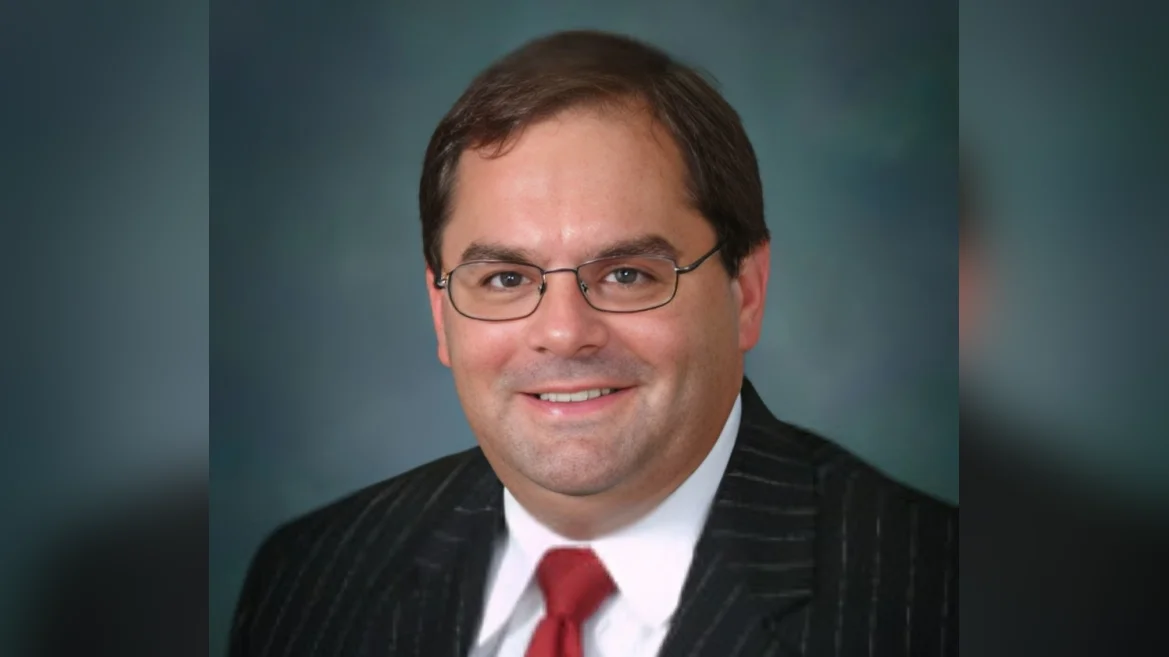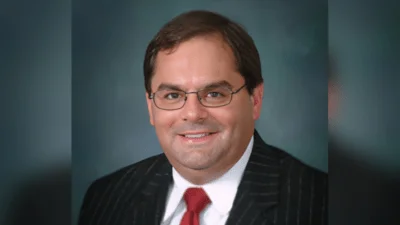J. Christopher Lang, MHA, FACHE Chief Executive Officer | Official Website
J. Christopher Lang, MHA, FACHE Chief Executive Officer | Official Website
As part of an ongoing effort to maintain transparency, Cass Regional Medical Center's CEO, Christopher Lang, has provided an update on the recent passage of federal legislation known as the "Big Beautiful Bill." This bill is set to impact the Medicaid program and its funding. While specific effects on Cass Regional remain uncertain, key elements have been outlined.
The bill establishes a Rural Transformation Fund, which will distribute $50 billion over five years starting in FY2026 to support rural hospitals. The allocation criteria for this funding are yet to be finalized.
Another significant change involves implementing Medicaid work requirements. Able-bodied working-age adults will need to verify employment or job-seeking activities twice a year to remain eligible for Medicaid.
Starting in FY2028, state-directed payments under Medicaid to hospitals and nursing homes will be reduced by 10% annually until they align with current Medicare rates. This is expected to result in a $1 billion reduction in Medicaid payments to providers each year.
Additionally, provider taxes used to fund Medicaid will decrease by 0.5% annually until reaching 3.5%. Missouri's current rate is 5%, leading to an anticipated $1.2 billion annual reduction in federal funds for operating the Medicaid program once fully implemented.
Overall, these changes could reduce Missouri's Medicaid funding by approximately $2 billion annually and require new expenditures for infrastructure development necessary for meeting work requirements.
The modifications could affect about 130,000 residents who may lose coverage, potentially increasing the number of uninsured individuals seeking care or delaying treatment. This might lead to more emergency department visits and higher demand for advanced care due to worsened conditions from deferments. Fewer providers may also participate in treating Medicaid recipients, impacting Medicare benefit structures and possibly pushing some healthcare facilities beyond their operational limits.
Cass Regional Medical Center is modeling various scenarios to understand how this bill might affect its financial health. Despite concerns raised by the outlook, Cass Regional remains financially strong with substantial cash reserves exceeding national averages for hospitals and comparable favorably with other rural facilities in the region. This stability allows strategic responses to future reimbursement challenges while continuing high-quality patient-focused care.
Lang concluded his message by reaffirming Cass Regional's commitment "to advancing care" within its community.


 Alerts Sign-up
Alerts Sign-up